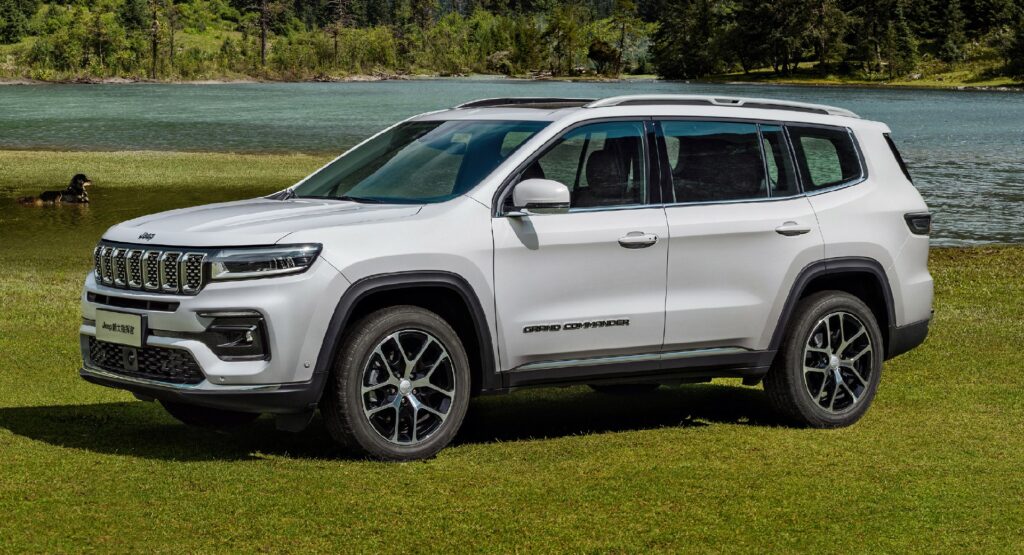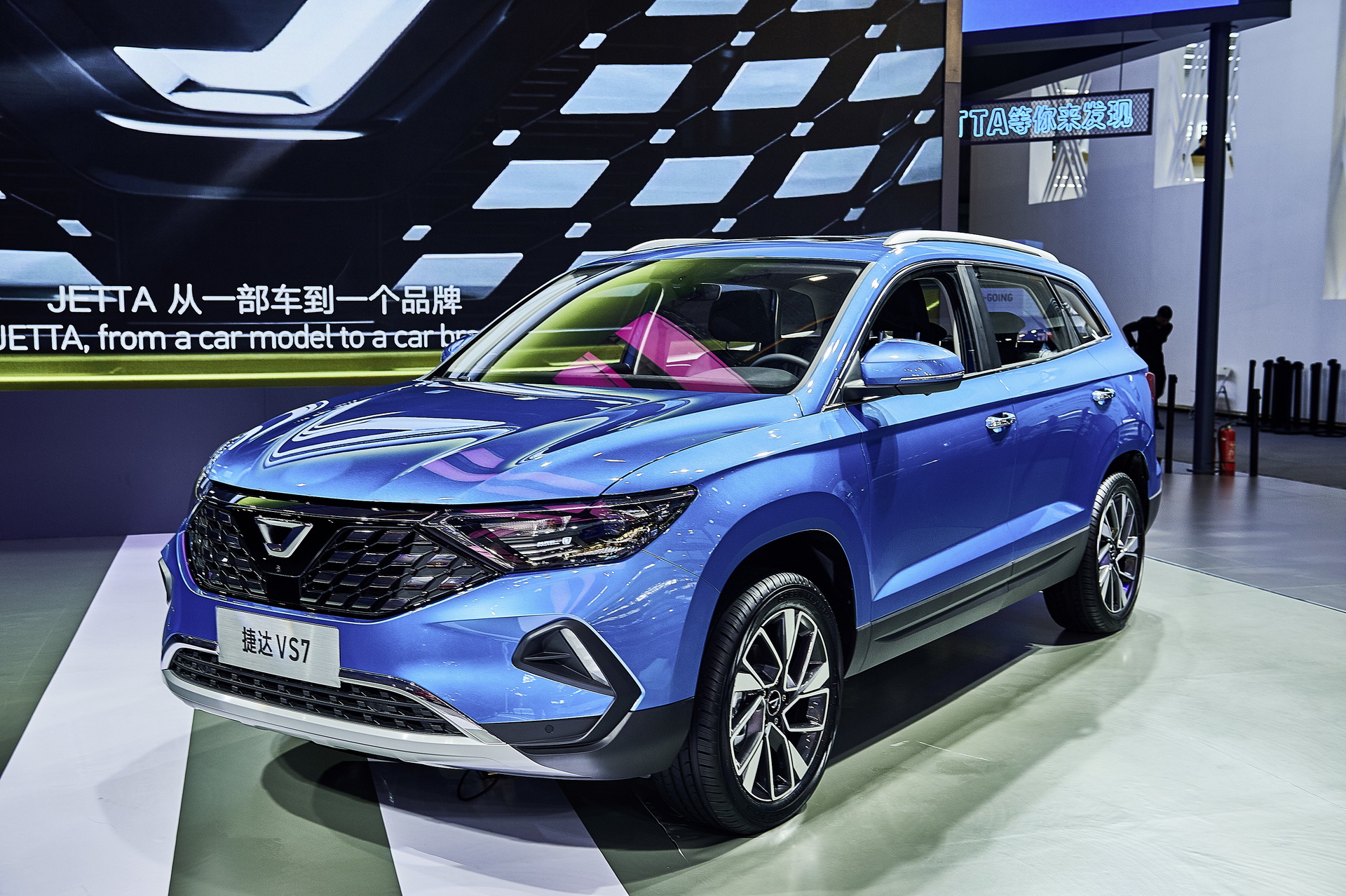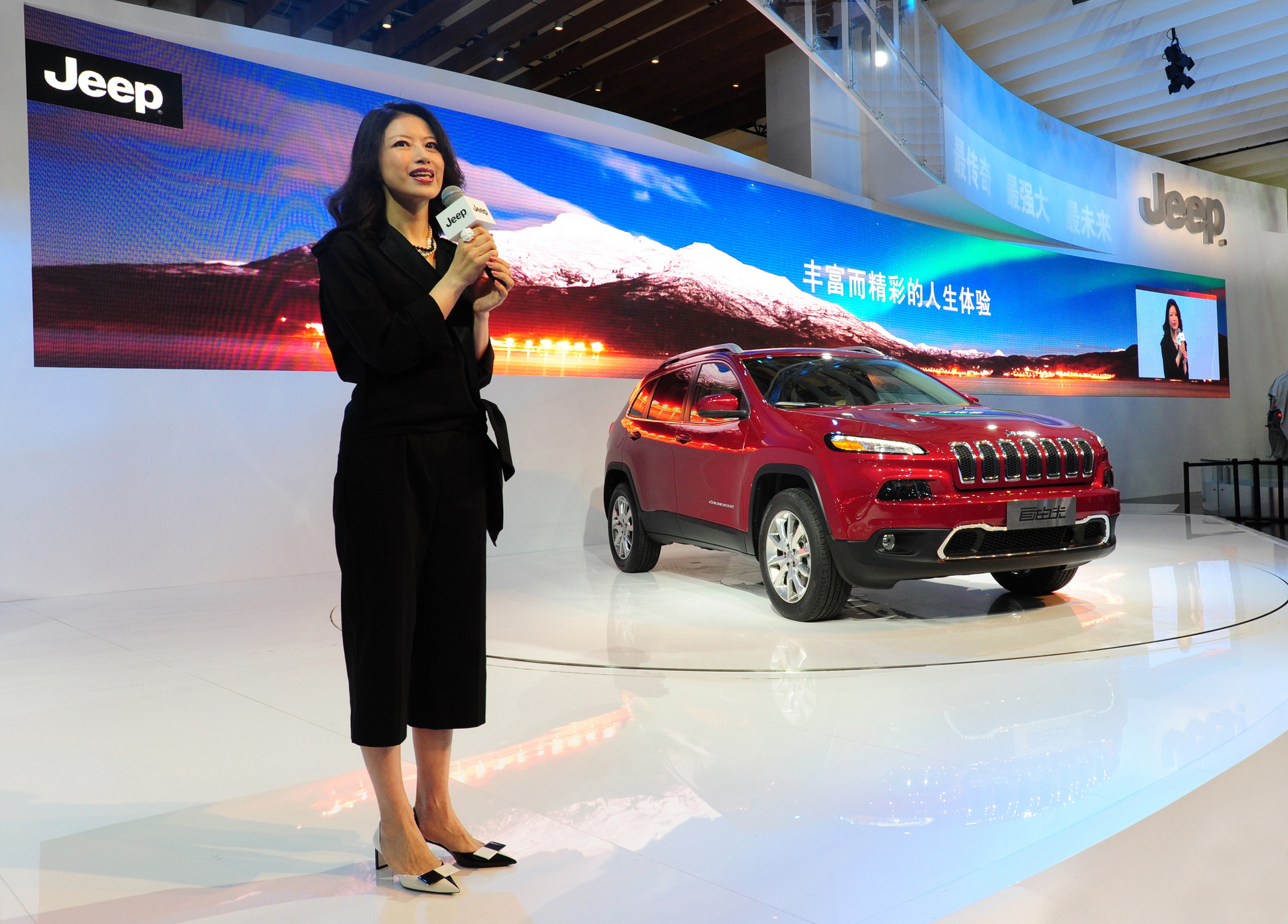October 31st, 2022, was a spooky day for the automotive industry, but not just because of Halloween. That was the day that Stellantis announced that the GAC-FCA joint venture, responsible for building and selling Jeeps in China, had filed for bankruptcy.
The announcement came mere months after Stellantis increased its share in the joint venture, and not long after Stellantis CEO Carlos Tavares boldly stated that no automaker could afford not to be in China. In the wake of the failure, though, analysts are starting to wonder if Jeep’s difficulties were indicative of a wider trend.
“I do not expect Stellantis to be an isolated case,” Marco Santino, a partner at management consultants Oliver Wyman told Reuters. “Probably almost all of the western carmakers will have to review the industrial logic of their presence in China.”
More: Stellantis’ Chinese Joint Venture That Builds Jeeps Files For Bankruptcy
Although there are certainly elements of Jeep’s bankruptcy that are unique to it, some wider market forces may be causing Western automakers anxiety. One major factor is that most major foreign automakers’ plants have seen output shrink in the last five years. That includes brands like Mitsubishi, Ford, VW, and GM, all of which produced between 30 and 50 percent fewer vehicles at their Chinese joint-venture plants in 2022 than they did in 2017.
Some of that shortfall, though, can be explained away by the pandemic. China has implemented strict measures to slow the spread of COVID-19, affecting production for automakers and their suppliers.
Not everything is that simple, though. Foreign automakers used to have an advantage in China because of the cachet of their names. Those automakers have been slow to adapt to customer preferences for tech-laden EVs, allowing domestic automakers to build a reputation for themselves as more modern and fresh.
“The last five years, (China’s) market has decidedly changed from foreign companies having a right to win because of their foreign-ness to where there is a far more level playing field,” Bill Russo, the head of consultancy Automobility Ltd. “Chinese companies actually have an early mover advantage because they embraced electrification faster than the foreign companies were willing to.”
That willingness to lead with electric vehicles may now be giving Chinese automakers an advantage elsewhere. Their EV know-how and high-tech features may help them appeal to European customers now that they are trying to expand outside their own continent.
All of this points to the Chinese market becoming an increasingly challenging one for European, American, Japanese, and Korean automakers, who previously had a relatively easy time.
“Stellantis is a canary in the coal mine. Forever, the foreign brands were the favored sons in China,” said Michael Dunne, the CEO of ZoZo Go, a California-based consultancy. “No longer.”






